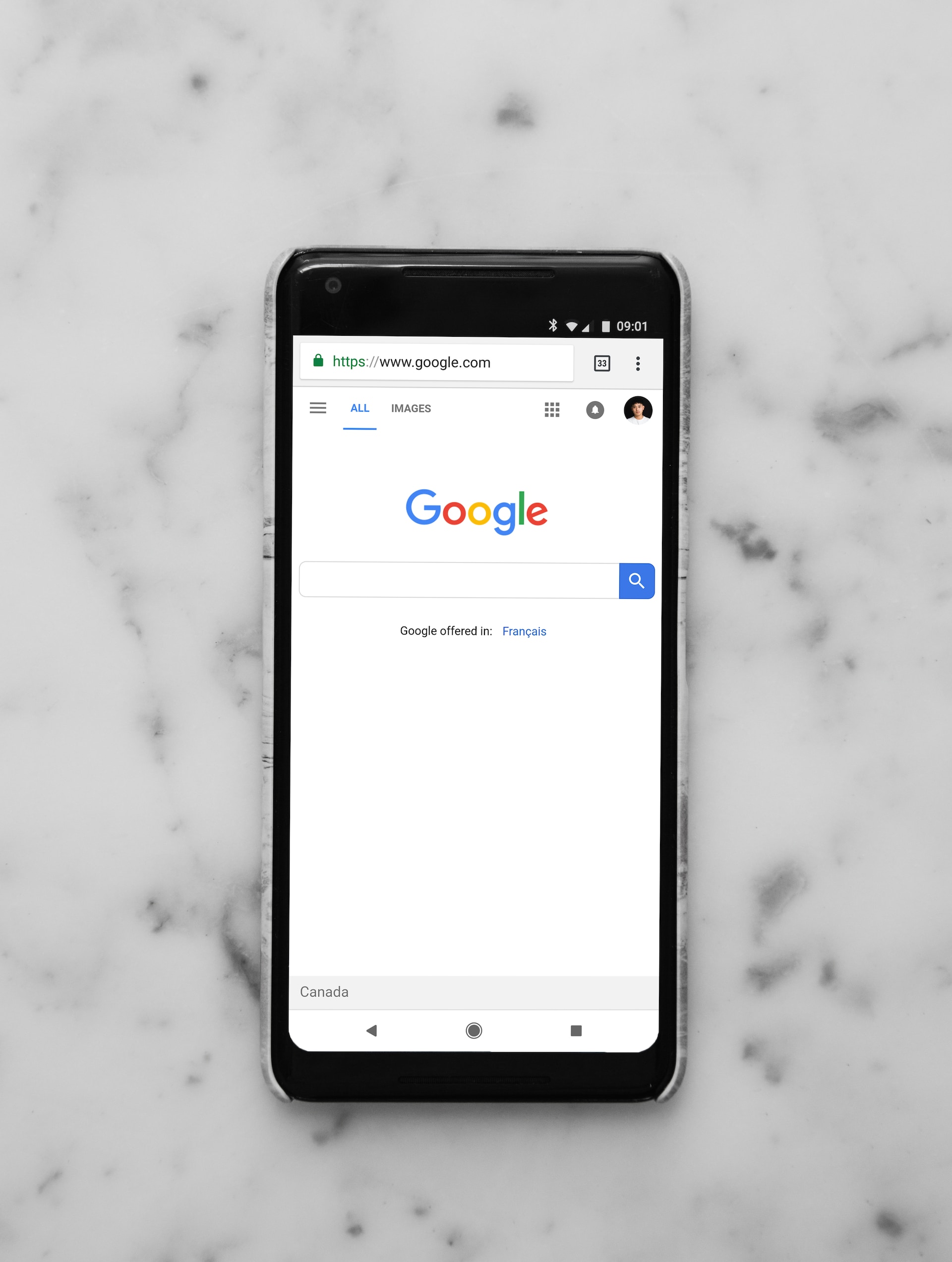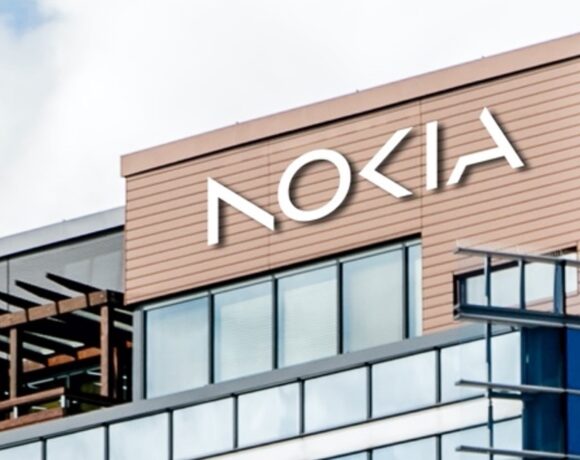Google Chrome Lock Icon Going Away: Why It Matters and What’s Next!

Yesterday Google announced that the Chrome browser’s padlock icon will be removed and replaced with a new symbol in the address bar. The new symbol will be a “neutral indicator” that will urge users to verify a website’s security information. The new icon will be visible from September 2023, with the launch of Chrome 17.
The lock icon has been considered an indicator of better protections associated with HTTPS websites compared to plain HTTP sites – which was far from reality and proved to be a big misconception. The clickable symbol provided the user with information on a website’s permission settings, cookies, and security.
Now that HTTPS is commonplace for all kinds of websites, even if they have malicious intent, the lock icon shouldn’t be seen as a sign of trustworthiness.
“The lock icon is meant to indicate that the network connection is a secure channel between the browser and site and that the network connection cannot be tampered with or eavesdropped on by third parties, but it’s a remnant of an era where HTTPS was uncommon,” Google said in its recent blog.
Also, some people had no idea that the lock icon was clickable and they could find out all the security and cookie relation information of a website by clicking it.
“Our research has also shown that many users never understood that clicking the lock icon showed important information and controls,” Google’s announcement.
To replace it, the Chrome team is working on a version of tune icon that will not indicate the trustworthiness of a website per se, but allow people to click and check for vital privacy and security information instead.
Back in 2016, Google redesigned the lock icon to remove colors and give it a more neutral look. Then in 2021, the company said that it was “re-examining” the design and planned to replace it with a downward-pointing arrow at that time.
All in all, what kind of changes this small update to Google Chrome will bring is yet to be seen. How people react to it will determine if this move was required at all or if it was better that way.
Author Bio
Kashif Faraz is a content marketing specialist at Digital Gravity, with knack of writing articles, press releases and blogs on the booming real estate sector of UAE.
Last Updated on 2 years by Kashif Faraz











